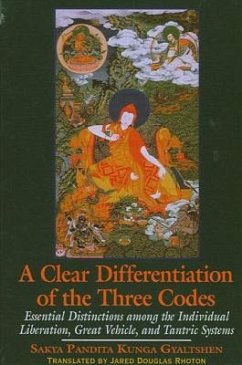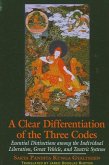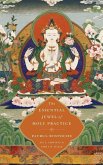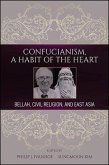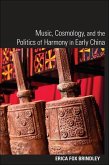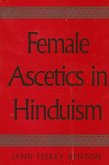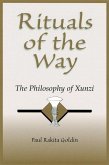A Clear Differentiation of the Three Codes presents the first English translation of the sDom gsum rab dbye, one of the most famous and controversial doctrinal treatises of Tibetan Buddhism. Written by Sakya Pandita Kunga Gyaltshen (1182-1251), a founder of the Sakya school and one of Tibet's most learned sages, The Three Codes strongly influenced subsequent religious and intellectual traditions in Tibet--and sparked a number of long-lasting doctrinal and philosophical disputes, some of which persist today. In The Three Codes, Sakya Pandita discusses the Hinayana, Mahayana, and Tantric vows of Buddhist conduct, which often diverge and contradict each other. He criticizes, on at least one point or another, later practitioners of almost every lineage, including the Kadampa, Kagyupa, and Nyingmapa, for contradicting the original teachings of their own traditions.
Hinweis: Dieser Artikel kann nur an eine deutsche Lieferadresse ausgeliefert werden.
Hinweis: Dieser Artikel kann nur an eine deutsche Lieferadresse ausgeliefert werden.

